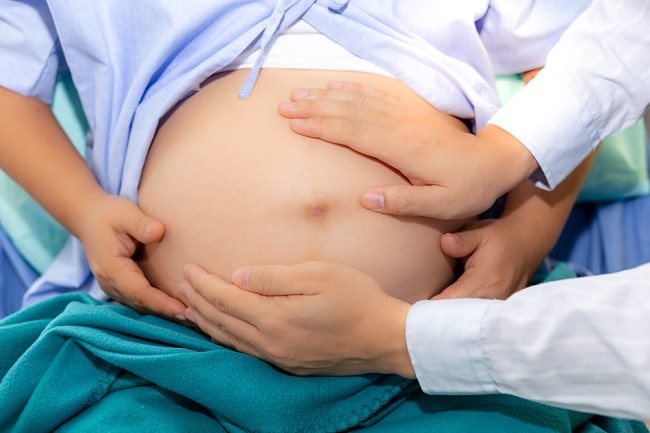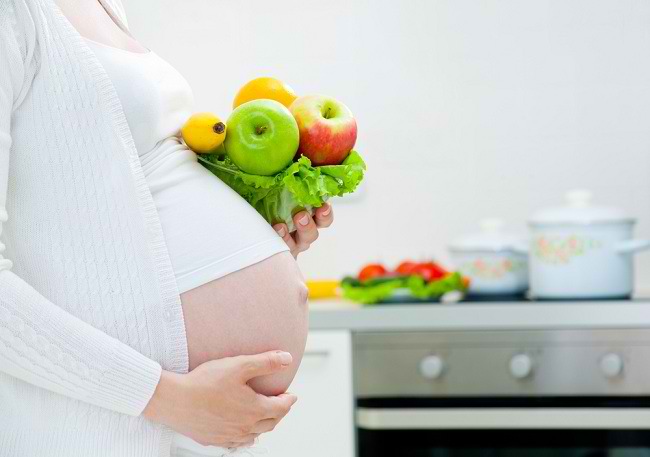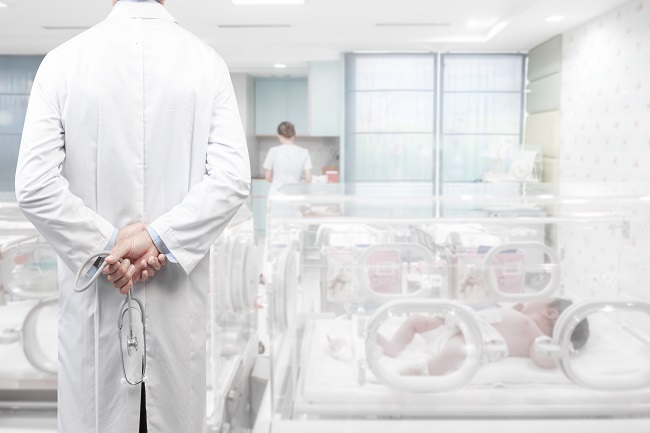Don't be discouraged if you've just had a miscarriage. The reason is, there are various programs to get pregnant after a miscarriage that you can try to increase your chances of getting pregnant again. The doctor will determine the right pregnancy program, according to the results of the examination.
The program to get pregnant after a miscarriage can actually be done 2 weeks after a miscarriage. Even so, deciding to get pregnant again after a miscarriage may not be an easy thing for some women. You may need time to get ready for pregnancy again. This is a very reasonable thing.

If you feel ready to get pregnant again, tell your obstetrician about your plans. The doctor will examine the health condition of you and your partner thoroughly so that they can recommend the most suitable program for conceiving after a miscarriage.
Examination to Determine the Program to Get Pregnant After Miscarriage
Before deciding what pregnancy program you and your partner will undergo, the doctor will first conduct several examinations, especially if you have had two miscarriages in a row. The following are some tests that a doctor can do:
blood test
Blood tests are done to detect possible problems related to hormones or your immune system. In addition, blood tests can also be done to check TORCH.
The TORCH test aims to find out whether you have infections that can endanger pregnancy, such as toxoplasmosis, HIV infection, rubella, cytomegalovirus, or measles.
Chromosome test
You and your partner may also be advised to do a chromosomal test to find out if there is a chromosomal abnormality that could be the reason for the miscarriage.
In addition to the two tests above, there are several other tests that serve to detect problems with the shape of the uterus, fallopian tubes, or ovaries, which can cause miscarriage. The examination can be an ultrasound, hysteroscopy, or MRI.
Various Pregnancy Programs After Miscarriage
After examining the health condition of you and your partner, then the doctor can recommend what program to get pregnant after a miscarriage can be taken.
If the examination reveals a condition that is suspected to be the cause of the miscarriage, you and your partner may need to undergo treatment as determined by the doctor according to the condition you are suffering from. After these conditions are handled, the pregnancy program can be carried out.
The following are some programs to get pregnant after a miscarriage that can be done:
1. Natural pregnancy program
Natural pregnancy program is done by having sex as usual. You can start this program as early as 2 weeks after the miscarriage. Try to have sex at least 2-3 times per week to increase your chances of getting pregnant.
In addition, knowing your fertile period can also help increase your chances of getting pregnant. You can find out your fertile period based on the day of your last menstrual period. However, if the date of your last menstrual period is confused because of a previous pregnancy loss, you can ask your doctor for help to determine the fertile period.
2. Artificial insemination
Artificial insemination is a pregnancy program that can be done after a miscarriage. This program is carried out by inserting sperm directly into the woman's uterus at the time of the release of the egg (ovulation).
The purpose of artificial insemination is to increase the number of sperm that make it to the fallopian tube, thereby increasing the chances of fertilization.
Artificial insemination will usually be recommended by a doctor if you have the following conditions:
- Suffering from health problems in the cervix that can prevent sperm from entering the uterus
- Have physical limitations or psychological problems that prevent you and your partner from having sex
- Have a health condition that makes unprotected sex discouraged, such as HIV infection
Artificial insemination has a different success rate in each couple. This depends on several factors, such as age and health conditions. However, if artificial insemination is done regularly every month, the success rate can increase up to 20% per cycle.
3. Test tube baby
If the two pregnancy programs above don't work, your doctor may suggest you and your partner to undergo IVF.
IVF or in vitro fertilization (IVF) is done by bringing together eggs and sperm outside the body, namely in a special tool in the form of a tube. The fertilized egg will become an embryo or child. After that, the embryo will be transferred into the uterus.
IVF will usually be recommended by a doctor if you and your partner have the following conditions:
- Genetic disorders
- Over the age of 40 years
- Disorders of the fallopian tubes or uterus that block the passage of sperm to the egg
- Low quality sperm production
The success rate of IVF depends on a number of factors, including age and lifestyle.
In addition to carrying out a pregnancy program after a miscarriage according to the doctor's recommendations, it is also important for you and your partner to adopt a healthy lifestyle to reduce the risk of another miscarriage in the future.
Eat a balanced nutritious diet, be active in sports, and reduce caffeine intake. In addition, avoid things that can make you stressed, stay away from cigarettes, alcohol, and illegal drugs.
If you manage to get pregnant, keep your pregnancy with positive thoughts. Don't forget to check your health condition and pregnancy condition to the obstetrician regularly, so that the health of the fetus can be monitored.









